Interview by Jennie Trejo. Video by Lawson Martin. Photos provided by Journey Forward Mentoring.
Anjulie Ponce joined Journey Forward Mentoring in 2016 as a mentor and became Executive Director in 2018, inspired by the profound impact of mentorship on students’ lives. Under her leadership, the organization has expanded its programs and support systems, offering long-term guidance from high school through higher education and beyond. This year, Anjulie is particularly excited to see Alexis Cardenas, the first student to graduate from the Edge program, reach this significant milestone. “Alexis’s journey is incredibly meaningful to us and brings a sense of pride and emotion,” Anjulie says. “Alexis’s achievement not only highlights the effectiveness of our program but also sets a powerful example for future students.”
Journey Forward Mentoring is dedicated to supporting students of color from low-income households in Dallas, focusing on building lasting relationships and uncovering new opportunities for their future. Anjulie’s background in law and her commitment to advocacy drive her mission to create pathways for success and empower students to reach their full potential. Mentor applications are open now and will close on October 10.

Anjulie: I joined the organization when it was still a grassroots initiative, and I started as a mentor in 2016. Since then, as the first Executive Director, I’ve witnessed and led our remarkable growth. We began as a high school mentoring program and expanded to include our Postsecondary Edge program, added staff, and are now exploring workforce opportunities for our students.
One of the most significant changes has been deepening our support framework. We’ve developed a comprehensive support system that guides students from high school through college completion, including enhanced opportunities like college field trips and test preparation.
A standout moment was our rebranding last year. It was a meaningful process where we re-evaluated our identity and involved our students and stakeholders in choosing a new name—Journey Forward Mentoring. This new name not only reflects our evolution but also symbolizes our commitment as we embark on the next chapter of our journey.
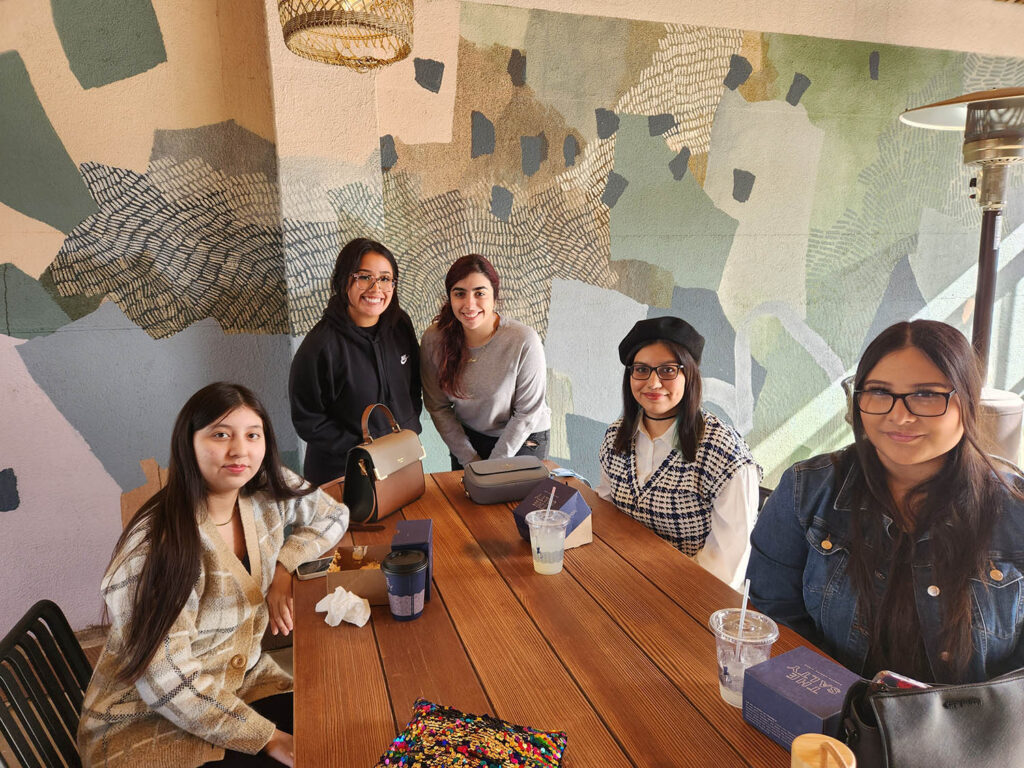
Anjulie: Our mentorship model stands out for its long-term approach, beginning in ninth grade and continuing until students complete their degree or credential. We shift from one-on-one mentorship in high school to peer-to-peer support in college, emphasizing skills like self-advocacy and goal setting.
We maintain strong relationships through a flexible framework, with high school students meeting mentors twice a month in a hybrid format of in-person and virtual sessions. This adaptability ensures that mentorship remains relevant and supportive as students’ needs evolve.
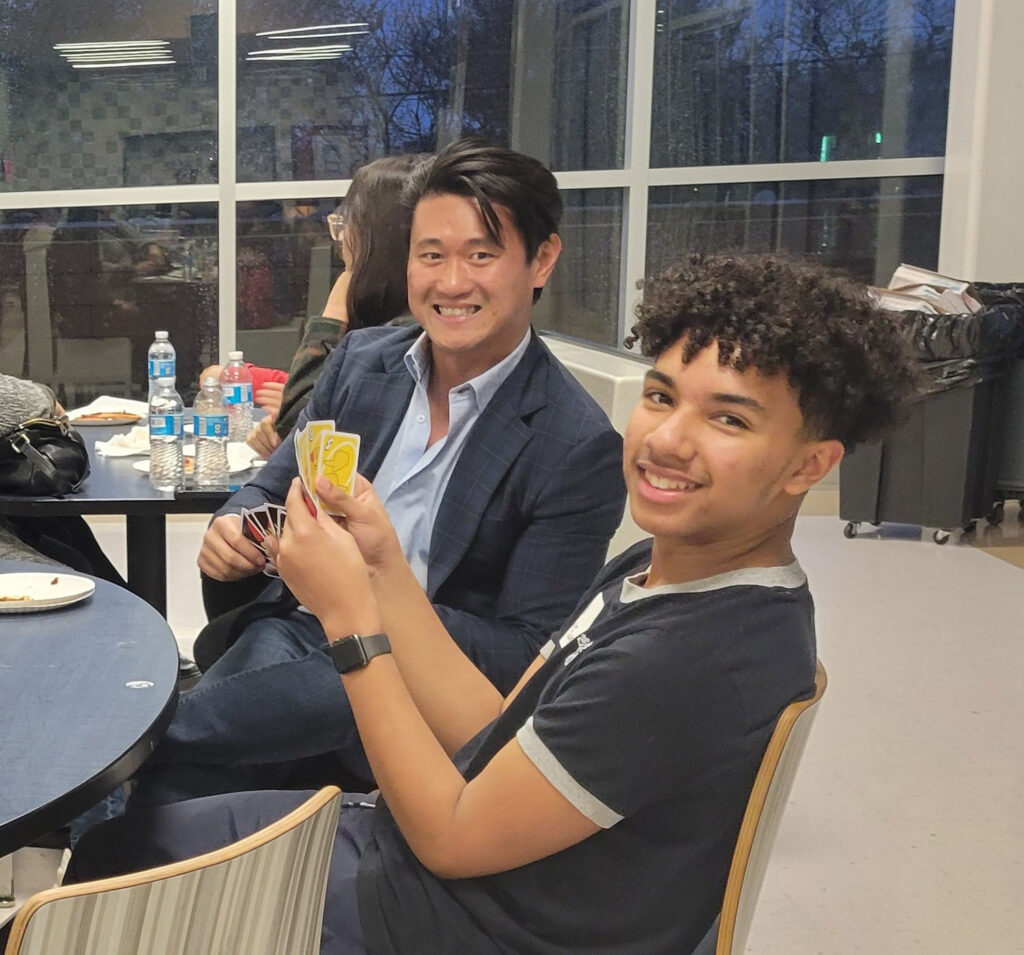
Anjulie: Students from low-income households face significant challenges in accessing higher education, including limited exposure to college and career opportunities. As Mike Talley, one of our mentors, said, “Exposure is the great equalizer.” By expanding our students’ horizons, we help them discover and pursue opportunities they might not have known about.
Financial barriers further complicate matters, with students often needing to work full-time, live at home, and manage transportation issues, which can affect their campus engagement and sense of belonging. To combat these challenges, our Postsecondary Edge program offers peer-to-peer support, semester stipends, and care packages, helping students feel connected and supported. We also provide mentorship that empowers students with the information and resources they need to make informed decisions about their futures.
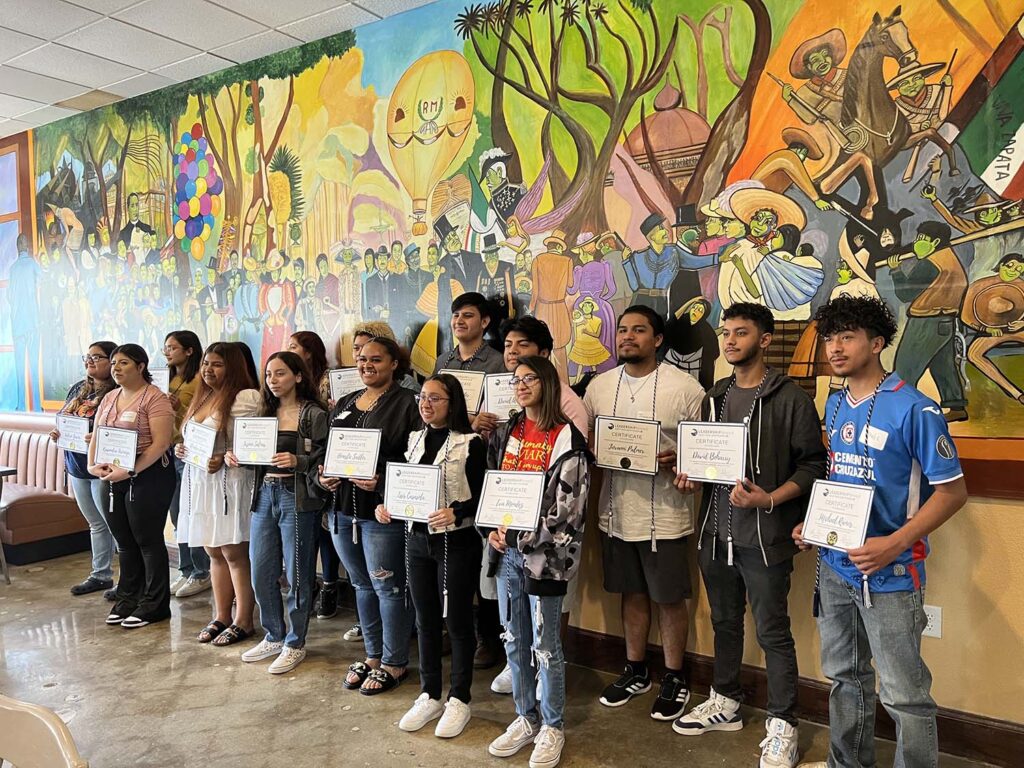
Anjulie: The Next Gen Mentoring program supports high school students through one-on-one mentorship, while the Edge program continues that support through postsecondary education. Students are encouraged to join Edge upon high school graduation, where they receive tailored support depending on their individual career and educational paths.
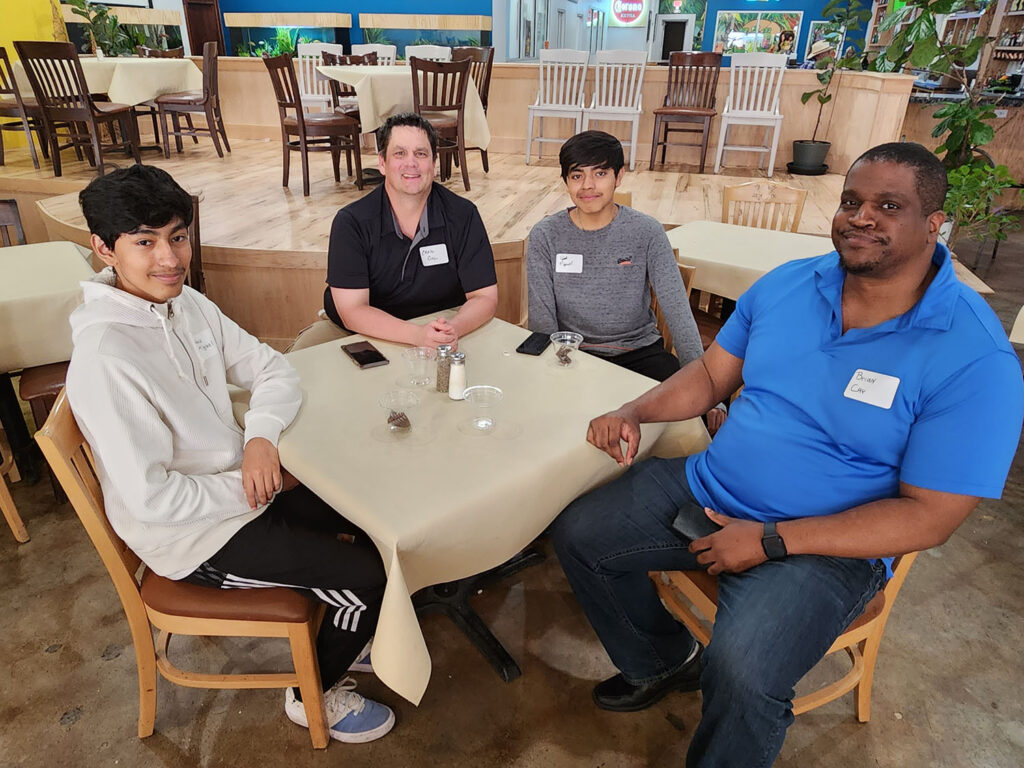
Anjulie: Alexis’s journey is incredibly meaningful to us and brings a sense of pride and emotion. I remember meeting her during her high school years and watching her navigate various phases of her life. Her passion for healthcare was clear, though she was uncertain about the paths available to her. With the support of her dedicated mentor, Latrice, she explored her options and ultimately found her path in sonography.
Her journey underscores the importance of extended support and the evolution of student needs over time. Alexis’s achievement not only highlights the effectiveness of our program but also sets a powerful example for future students. Seeing her prepare for her career in sonography and secure a job directly related to her studies is a testament to the impact of dedicated mentorship and support. Her success truly demonstrates the difference we can make in a student’s life.
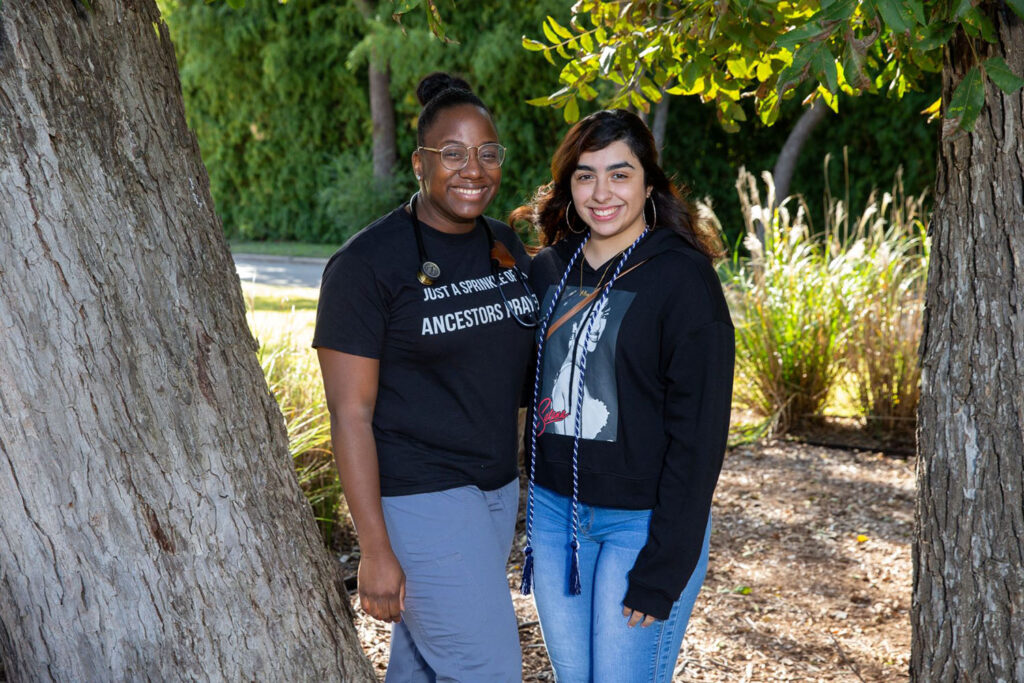
Graduation is both exciting and overwhelming. The support and resources provided by Journey Forward Mentoring have been instrumental in my personal and educational growth, boosting my confidence and skill development.
Embrace your journey, stay flexible, and trust the process. It’s okay not to have everything figured out. The skills and insights gained from the program will serve as a strong foundation, regardless of the path you choose.
Dallas Doing Good is proud to continue our partnership with the Communities Foundation of Texas for North Texas Giving Day! This year, we’re spotlighting outstanding organizations that align with CFT’s focus areas—Health, Wealth, Living, and Learning.
Join us in supporting these impactful organizations. Your donations help drive innovation and support essential services in our community. Learn more and give today at Journey Forward Mentoring’s North Texas Giving Day page. Together, we make a difference!
Sign up with your email address to receive good stories, events, and volunteer opportunities in your inbox.